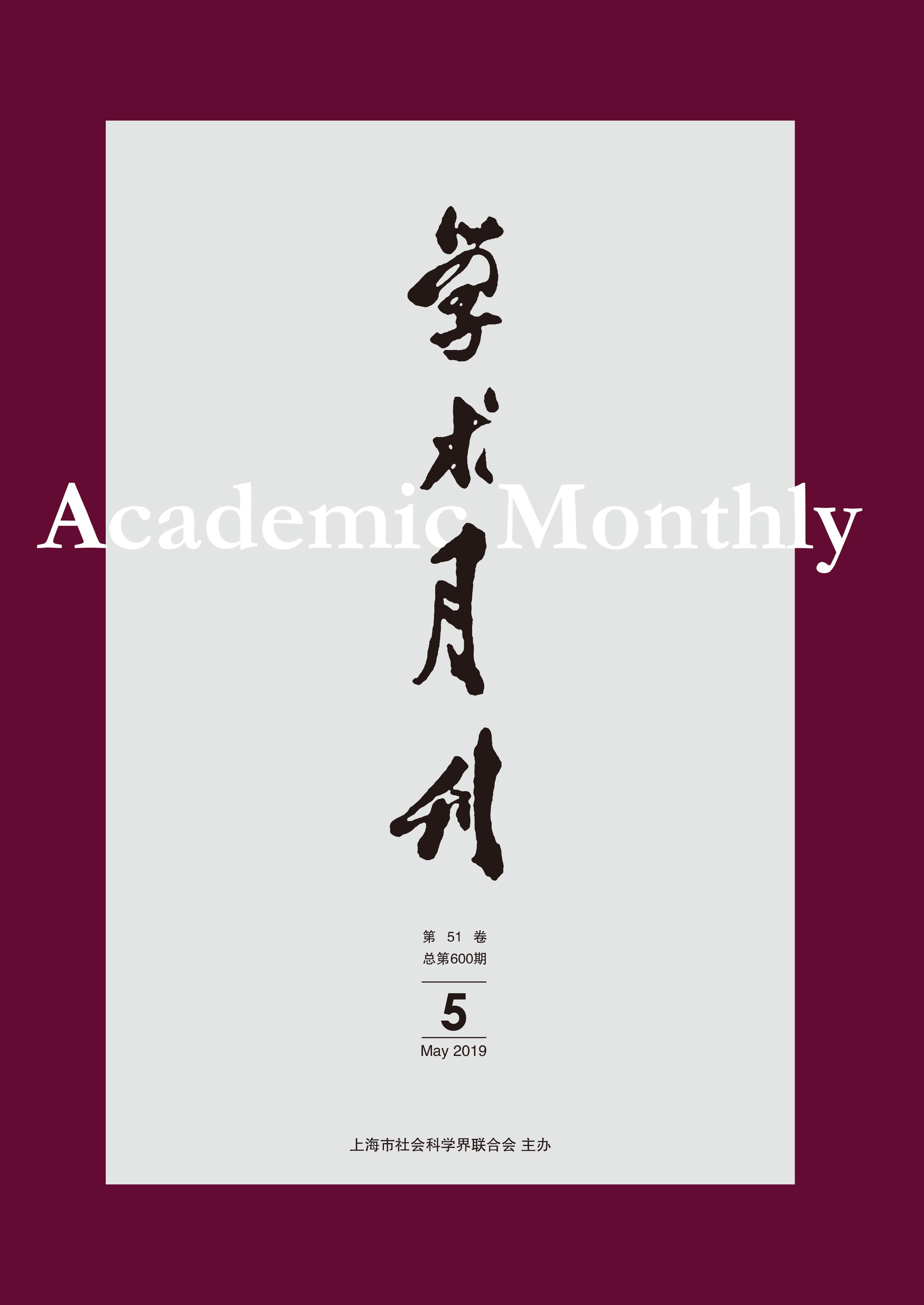Citation:
Ming YU. The Use and Abuse of “Time Immemorial”[J]. Academic Monthly, 2019, 51(5): 88-101.

The Use and Abuse of “Time Immemorial”
-
Abstract
The theory of " ancient constitution” makes an important theme in constitutional ideas in near-modern Britain, while its actual status, function and influence have been much misread in both Chinese and western academy. A re-discussion shows that the theory of " ancient constitution” did not occupy an obvious place in the British constitutional discourse in early 17th century, neither a major theoretical source in constitutional debates. In its practice, the " ancient constitution” did not realize its original theoretical aim to restrict the power of the King, and, oppositely, it is used by lawyers to testify absolutism, resulting in the bankruptcy of the theory of " ancient constitution” in its common law form. Although the discourse of " ancient constitution” was still popular superficially in late 17th century, it became, in fact, a " disguise” of the discourse of the newly thriving constitution of the Parliament sovereign, and was declining with its own theoretical crisis. The study of the theory of " ancient constitution” must reiterate its essence of the discourse of ideology, and resume its real historical status and significance by dispelling all unrealistic misreading and myths.
-

-
References
-
Access
-
-
[1]
. . Academic Monthly,
2017, 49(01): 36-41.
-
[2]
. . Academic Monthly,
2016, 48(04): 91-101.
-
[3]
An CHANG
. “Interior” and “Exterior” of the Text of the Chinese Constitution. Academic Monthly,
2020, 52(12): 79-96.
-
[4]
,
. . Academic Monthly,
2017, 49(01): 92-103.
-
[5]
Tian YAN
. The Understanding of the Constitution by China’s Labor Law Academia: Formation, Evolution and the Future. Academic Monthly,
2022, 54(2): 103-112.
-
[6]
Lei LIU
. Constitutional Explanation of Chinese Land System: Issues, Disputes and Balance. Academic Monthly,
2019, 51(1): 105-114.
-
[7]
Zhiyong ZHAI
. “The Common Programme” and China’s Unwritten Constitntion (1949-1954). Academic Monthly,
2019, 51(9): 109-121.
-
[8]
. New Political System Starts from the South: “The Southeast Mutual Protection” in Political Constitution Studies. Academic Monthly,
2018, 50(04): 69-85.
-
[9]
. . Academic Monthly,
2017, 49(01): 76-85.
-
[10]
Yinhong WANG
. From “Political Consensus” to “Consensus Politics”:Institutional Implications and Constitutional Meanings of the Electoral Capitulations in Holy Roman Empire. Academic Monthly,
2019, 51(5): 102-111.
-
[11]
Yong ZHU
. “Identity between Bureaucratic Establishment and Legal System”: The Way of Great-Power Governance in Ancient China. Academic Monthly,
2019, 51(11): 95-104.
-
[12]
. . Academic Monthly,
2017, 49(12): 144-161.
-
[13]
Zhengxin HUO
, Ruida CHEN
. Jurisprudential Thinking on Cultural Property Recovery from the Perspective of Cultural Sovereignty. Academic Monthly,
2022, 54(1): 112-126.
-
[14]
Hailiang MENG
. The Integration of Multiple Disciplines Promotes the Ancient Ethnic Genealogy Research. Academic Monthly,
2022, 54(10): 200-216.
-
[15]
Shugong ZHAO
. Wang Guowei’s Guya Theory and the Thoughts on Literary Talent in Ancient China. Academic Monthly,
2019, 51(5): 136-144, 124.
-
[16]
Lv Sijing
. . Academic Monthly,
2018, 50(5): 163-171.
-
[17]
. . Academic Monthly,
2016, 48(09): 84-98.
-
[18]
Ziniu NIU
. The Contemporary Contradiction between Transnational Monopoly Capitals and Sovereign States. Academic Monthly,
2021, 53(7): 36-44.
-
[19]
Yuanzhu DING
. Construction of Social Relations Model: Community, Sovereign States and Globalization Perspective. Academic Monthly,
2019, 51(7): 66-75.
-
[20]
Dongling LIU
. Creation Society, Bohemia and Proletariat Literature. Academic Monthly,
2019, 51(3): 140-150.
-
-



 沪公网安备 31010102003103号
沪公网安备 31010102003103号 DownLoad:
DownLoad: